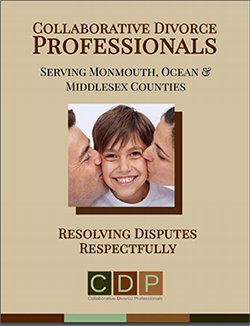
Cohabitation Clause In Divorce Settlement Agreement Will Be Enforced by NJ Courts
by Robert E. Goldstein, Esq.
A precedential ruling has been handed down by the New Jersey Supreme Court on May 3, 2016 enforcing a settlement agreement between divorced spouses that provided that alimony would terminate when the recipient of the alimony payments resided with another man, also known as “cohabitation”.
In a 4-2 ruling, the majority upheld a property settlement agreement that mandated the termination of alimony for a woman who lived with another man for a little more than two years after she divorced her husband of 23 years.
Appellate Division Judge Mary Cuff, writing the Court’s opinion in Quinn v. Quinn, said both divorcing spouses in this case voluntarily entered into the property settlement agreement and that both were represented by counsel at the time.
“Marital agreements, including PSAs that clearly and unequivocally provide for the termination of alimony upon cohabitation, are enforceable when the parties enter such agreements knowingly and voluntarily,” Cuff said.
Justice Barry Albin, joined by Justice Jaynee LaVecchia, dissented, stating that “A property settlement agreement in a divorce action should address the economic consequences of a marriage’s dissolution; it should not contain shackles that deprive a spouse of the right to seek love and companionship,” he said.
This case points out how important it is to carefully review with your attorney and to make sure you understand each and every clause in your matrimonial settlement agreement. The Court is telling parties that if they make a deal and agree to a provision which may have harsh consequences to one of the parties, it will still be enforced.






